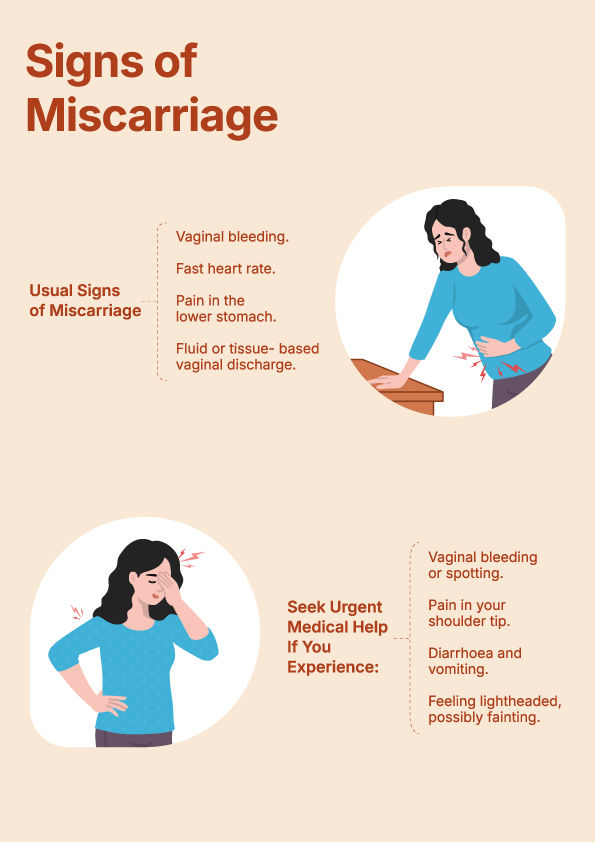Understanding Pregnancy Loss: A Supportive Guide to Miscarriages
Understanding Pregnancy Loss: A Supportive Guide to Miscarriages
My friend was 12 weeks pregnant when she found out she had miscarried. It’s a deeply personal and heart-wrenching experience that I couldn't understand but seeing her, I knew how heavy the weight of this news was.
Through her journey, I learnt that acknowledging it can help lay the groundwork for dealing with it. We worked together to process the loss and better understand it. Six months later she was pregnant again, and now she's a mother of a beautiful baby girl. I learnt so much in those six months and it's something every future parent should know too.



